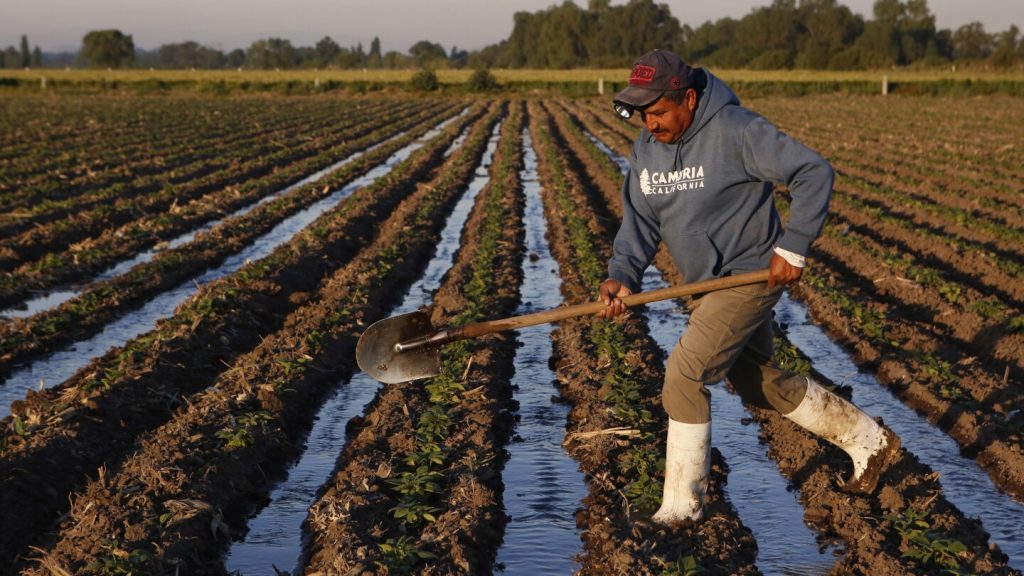Mexico’s new president, Claudia Sheinbaum, has announced an agriculture plan aimed at increasing food production and achieving food sovereignty. The plan focuses on increasing bean and corn production, with a goal to boost bean production by 30% in six years to replace imports. The government aims to revive government stores that stocked basic goods in the 1980s, where Mexicans could buy ingredients for traditional meals like tortillas, beans, instant coffee, and cheap hot chocolate. The plan also includes setting up research centers to supply higher-yielding bean seeds and guaranteeing prices for farmers who grow corn used for tortillas.
However, the policies outlined in the agriculture plan appear to run counter to current market trends and changing consumer habits in Mexico. Consumption of traditional staples like beans and tortillas has been decreasing over the years, with most Mexicans now shopping at modern grocery stores and consuming products like fresh ground coffee instead of instant. The plan also focuses on supporting the production of instant coffee and powdered baking and hot chocolate, which goes against efforts in other countries to encourage high-value varietal and specialized chocolate strains. Additionally, while bean consumption in Mexico has dropped significantly, with only 17 pounds consumed annually per capita, efforts to promote beans as a good source of protein may face challenges in changing consumer preferences.
While Sheinbaum’s agriculture plan reflects a focus on self-sufficiency in key food products, like oil, energy, and foodstuffs, it also shows a nostalgia for a 1970s-style Mexico, similar to that of former President Andrés Manuel López Obrador. However, the emphasis on cheap and basic products in the plan contradicts the current consumer trends and spending patterns in Mexico. For instance, chocolate production in Mexico has declined due to plant diseases and lack of investment, while the sales value of instant coffee only accounts for a portion of the overall coffee market. The challenge for the government lies in changing consumer preferences and habits, as well as addressing the gap between nostalgia for the past and current market realities.
In addition to the agriculture plan, Sheinbaum recently announced a ban on junk food in schools, targeting salty, fried, processed snacks, and sweetened beverages. However, the government’s track record in changing consumer behavior through bans and prohibitions is poor, as seen in the failed attempt to ban junk food advertisements aimed at children in 2014. Columnists have noted that despite these restrictions, Mexicans continue to consume the products they enjoy. This raises questions about the effectiveness of government policies in shaping food consumption habits and whether efforts to promote traditional staples will resonate with a population that has shifted towards modern grocery stores and diverse food choices.
Overall, Mexico’s agriculture plan under President Sheinbaum aims to increase food production and achieve self-sufficiency in key products like beans, corn, coffee, and chocolate. While the focus on reviving traditional staples and government stores may reflect a nostalgia for past eras, the plan may face challenges in changing consumer habits and preferences that have shifted towards more diverse and modern food options. The success of the plan will depend on the government’s ability to balance national food sovereignty goals with market realities and changing consumer trends, as well as addressing potential barriers to increasing production and consumption of traditional Mexican foods.


